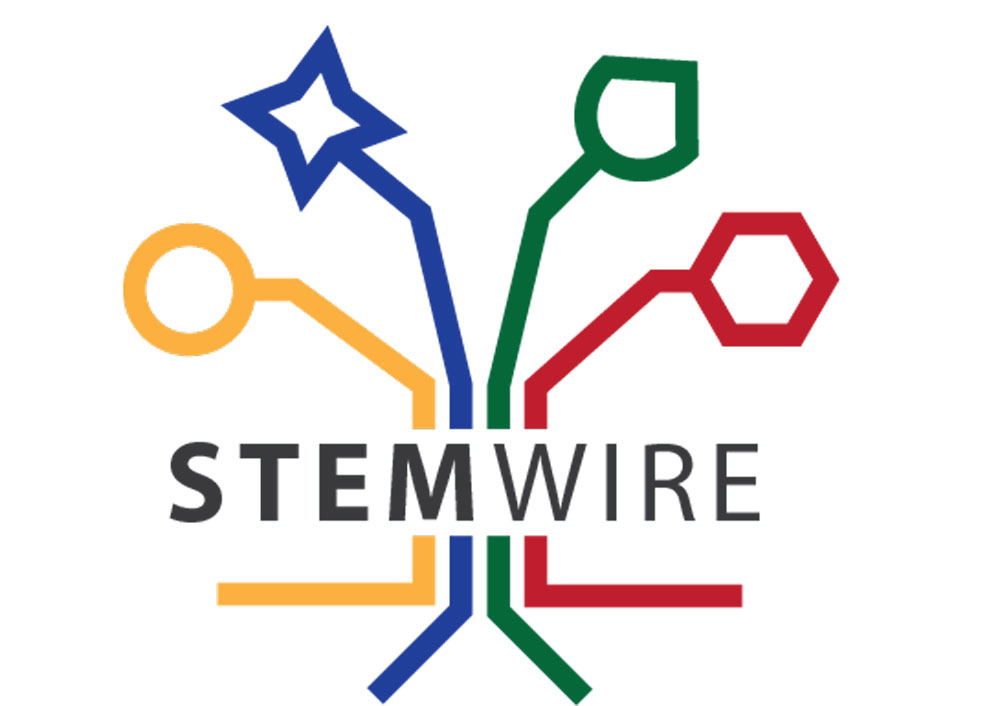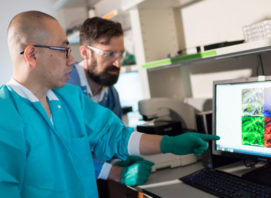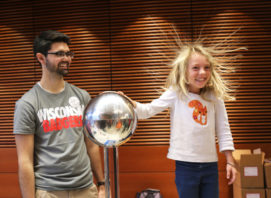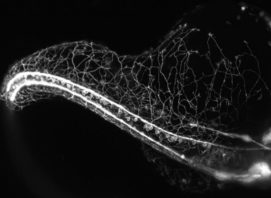From KC to DC, students drive car powered by social media
MINDDRIVE, an educational program based in the Kansas City area, teaches STEM-related skills to urban teens through experiential learning.
It started as an afterschool program involving automobile design projects and scale-sized model cars; it has since evolved into a non-profit organization building a working, full-scale electric car with the effort of dedicated students and mentors.
“We found that this kind of teaching helps students learn,” said Linda Buchner, president of MINDDRIVE. “I think a lot of people really learn by doing, and just keeping students engaged and excited about being creative and innovative and learning that way, through projects.”
Drive for Education
The culmination of this year’s project involved driving the remodeled Karmann Ghia car from Kansas City, Mo., to Washington, D.C., May 31 – June 6, 2013, making educational stops along the way and ending with a Congressional briefing on STEM education.
“This particular drive is really cool because it’s educational in nature,” Buchner said. “The kids are driving the car that they built, but we’ve designed this trip to be a science, technology, educational trip.”
While the students learn a lot from the experience, the MINDDRIVE team, in collaboration with VML marketing agency, added a social media component to the project to also connect with the larger public.
The car was powered by what they called “social fuel”—each tweet, Facebook like, YouTube view or Instagram comment with the #minddrive hashtag, for example, counted toward a specific wattage needed to power the electric vehicle. They attached a device to the motor that linked to a tablet on the car’s dashboard that collects the social fuel information and turns on or off depending the level of fuel.
To test everything out, they started collecting social fuel a few days before the road trip would begin.
“We got enough social fuel within three days of launching that program,” Buchner said, “so then we decided to just keep using the concept to increase our voice and to bring as many people’s opinion, ideas, comments with us to Washington.”
Another component of MINDDRIVE’s efforts include a petition promoting hands-on STEM education. The petition broadly calls for government support for experiential learning programs in K-12 education.
MINDDRIVE recruits students from several different schools across the Kansas City area, and it depends on the school whether the student can receive credit for their experience with the non-profit. Buchner said some local community colleges have expressed interested in offering credit for some of MINDDRIVE’s more specialized classes.
“We thought it was going to be a big deal at the beginning that they needed to get school credit for them to show up and be engaged,” Buchner said. “What we found out is that they come because they want to be there.”



